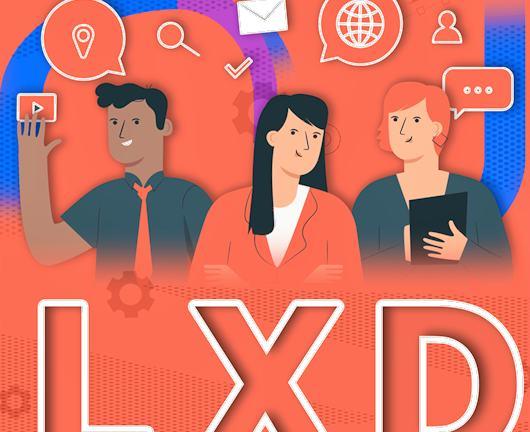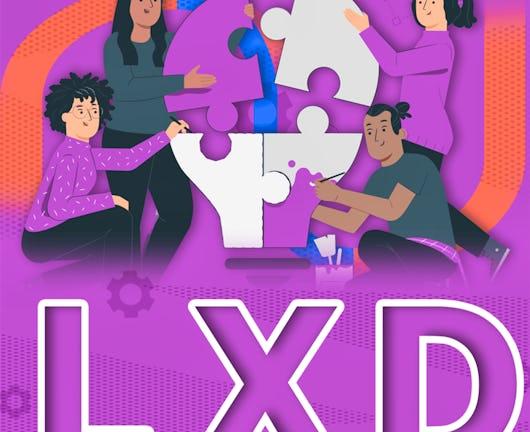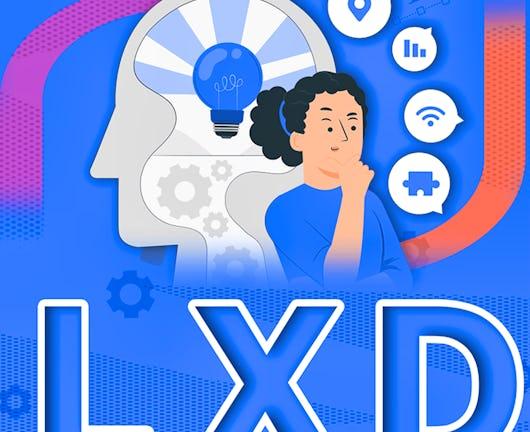Chris Quintana
Chris Quintana engages in research that is at the intersection of education and learning sciences, human- computer interaction, and computer science. He has focused much of work on software-based scaffolding for middle school science students, including the development of scaffolded software tools, scaffolding frameworks for software, and learner-centered design processes. His recent work includes heading the Zydeco Project, which was funded by the National Science Foundation (NSF) to explore how mobile devices (e.g, smartphones and tablets) and web-based technologies can be integrated to connect science classrooms and museums to expand science learning opportunities. Using Zydeco, Quintana is exploring not just how software tools can support students with various science practices in different contexts, but also the possibilities and challenges of developing learning activities that integrate formal and informal learning environments. Other recent work includes exploring the use of wearable technologies (e.g., smartwatches) by K-12 teachers in their classrooms to help monitor student activity and the classroom environment. His previous work involved working as a principal investigator in the Center for Highly Interactive Classrooms, Curricula, and Computing in Education (hi-ce), where he worked on several learning technology projects. Quintana previously led NSF-funded projects focused on developing and assessing software that supports students with different inquiry-based practices, such as the creation of software- based “digital idea-keepers” to support students in analyzing and synthesizing information found in digital libraries to answer science questions. He was on the research team for a project focusing on how media- rich digital texts that follow a “universal design for learning” approach may impact science learning. Other previous projects that Quintana has worked on include the ASSESS project to develop a “scaffolding design framework” to guide developers and researchers of learning technologies, and the Symphony2 project to develop a software framework that could be used to build scaffolded work environments. Aside from developing and researching different types of learner-centered software, Quintana is also interested in design processes and the notion of “design thinking” for education. His design activity informs his courses on the design and assessment of learning technologies, and other work exploring the development of new technology-enhanced learning spaces within the School of Education. Quintana received his BS from the University of Texas at El Paso in Biological Sciences, and his MS and PhD from the University of Michigan in Computer Science and Engineering.




